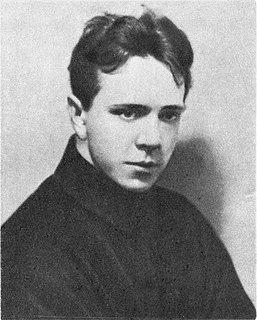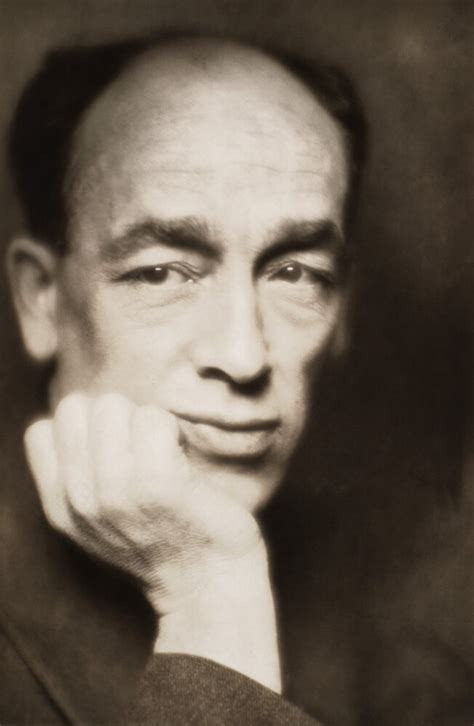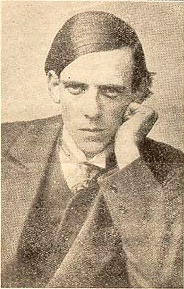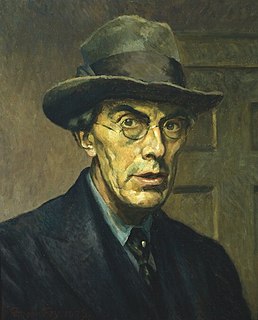A Quote by Bertolt Brecht
Art and science coincide insofar as both aim to improve the lives of men and women. The latter normally concerns itself with profit, the former with pleasure. In the coming age, art will fashion our entertainment out of new means of productivity in ways that will simultaneously enhance our profit and maximize our pleasure.
Related Quotes
What is it that we in the theatre give? Instead of images on canvas or in the form of statuary or music, we give our body, voice, feelings, will, imagination — we give a form of pulsating art to life itself; we give it to our characters and we give it to our audiences. Nothing, absolutely nothing remains for us save the pleasure of having given pleasure.
Both abundance and lack exist simultaneously in our lives, as parallel realities. It is always our conscious choice which secret garden we will tend... when we choose not to focus on what is missing from our lives but are grateful for the abundance that's present - love, health, family, friends, work, the joys of nature and personal pursuits that bring us pleasure - the wasteland of illusion falls away and we experience Heaven on earth.
Art that means anything in the life of a community must bear some relation to current interpretations of the mystery of the universe. Our rigid separation of the humanities and the sciences has temporarily left our art stranded or stammering and incoherent. Both art and science ought to be blended in our early education of our children's emotions and powers of observation, and that harmony carried forward in later education.
Two things, Christian reader, particularly excite the will of man to good. A principle of justice is one, the other the profit we may derive therefrom. All wise men, therefore, agree that justice and profit are the two most powerful inducements to move our wills to any undertaking. Now, though men seek profit more frequently than justice, yet justice is in itself more powerful.
The progress of science has always been the result of a close interplay between our concepts of the universe and our observations on nature. The former can only evolve out of the latter and yet the latter is also conditioned greatly by the former. Thus in our exploration of nature, the interplay between our concepts and our observations may sometimes lead to totally unexpected aspects among already familiar phenomena.
I try to build on our management philosophy. I try to understand what the threats and opportunities are for us. Uh, I try to make sure that we're driving innovation and creative destruction hard enough so we're not blindsided, and that our attitude is to, in starting any initiative, any business, is to focus on how we can create value for others, rather than how we maximize profit, because you can make money focusing on, "How do I maximize profit?"
Give us our parliament in Scotland. We will start with no traditions. We will start with ideals. We will start with purpose, with courage. We will start with the aim and object that there will be 134 men and women, pledged to 134 Scottish constituencies, to spend their whole brain power, their whole courage and their whole soul in making Scotland into a country in which we can take people from all the nations of the earth and say: this is our land, this is our Scotland, these are our people, these are our men, our works, our women and children: can you beat it?
True art and true science possess two unmistakable marks: the first, an inward mark, which is this, that the servitor of art and science will fulfil his vocation, not for profit but with self- sacrifice; and the second, an external sign, his productions will be intelligible to all the people whose welfare he has in view.
If only the scientific experts could come up with something to get it out of our minds. One cup of fixit fizzle that will lift the dirt from our lives, soften our hardness, protect our inner parts, improve our processing, reduce our yellowing and wrinkling, improve our natural color, and make us sweet and good.
None the less, perhaps, the highest pleasure in art is identical with the highest pleasure inscientific theory. The emotion which accompanies the clear recognition of unity in a complex seems to be so similar in art and in science that it is difficult not to suppose that they are psychologically the same. It is, as it were, the final stage of both processes.







































